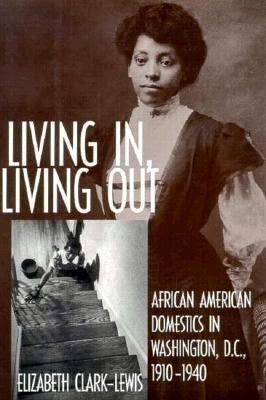 This Sunday, we welcome Northeastern University scholar Joan Johnson, speaking about "What the Help Does NOT Tell Us About African American Women in the South".
This Sunday, we welcome Northeastern University scholar Joan Johnson, speaking about "What the Help Does NOT Tell Us About African American Women in the South".
It's always bugged me that this book/movie, which essentially tells the story of black women in the civil rights movement from the point of view of a privileged white woman, was so insanely popular. It seems to fall into the category of "white savior" stories, where a person or a community of color is rescued or uplifted by a heroic white person with a conscience. There are dozens of examples: The Blind Side, Mississippi Burning, Dangerous Minds, Freedom Writers, The Long Walk Home, and that perennial sacred cow, To Kill a Mockingbird.
 There are, in fact so many that entire books have been written about the phenomenon, most recently Matthew Hughey's, The White Savior Film: Content, Critics, and Consumption . Hughey argues that white savior films place "messianic characters in unfamiliar or hostile settings discovering
something about themselves and their culture in the process of saving
members of other races from terrible fates".
There are, in fact so many that entire books have been written about the phenomenon, most recently Matthew Hughey's, The White Savior Film: Content, Critics, and Consumption . Hughey argues that white savior films place "messianic characters in unfamiliar or hostile settings discovering
something about themselves and their culture in the process of saving
members of other races from terrible fates".The problem with the white savior film is that it marginalizes people of color within their own story. Designed to appeal to and flatter mainstream white audiences, such films magnify the role of white characters in say, the civil rights movement or the anti-apartheid movement, while sidelining non-whites, (often depicted as childlike or helpless) as background.The "audience identification figure" is the heroic white person: we see events through his eyes, and we get the sense that, if not for her selfless dedication all would have been lost.
A second problem is that the savior film becomes more about the "journey" or "awakening" or "coming of age" of the white person than it is about civil rights or apartheid. Terrible things may happen to black and brown people in these films, but that's okay, because the white person has learned a valuable life lesson. Tom Robinson may get shot in To Kill a Mockingbird, but hey, Scout and Jem now understand the dangers of prejudice! Thus, a monumental human tragedy is reduced to the level of an afterschool special.


Professor Johnson has recommended several books as useful correctives to The Help: notably Hands on the Freedom Plow: Personal Accounts by Women in SNCC. And if you're looking for fiction about the civil rights movement, check out my list of Civil Rights Fiction by Black Folks.



No comments:
Post a Comment